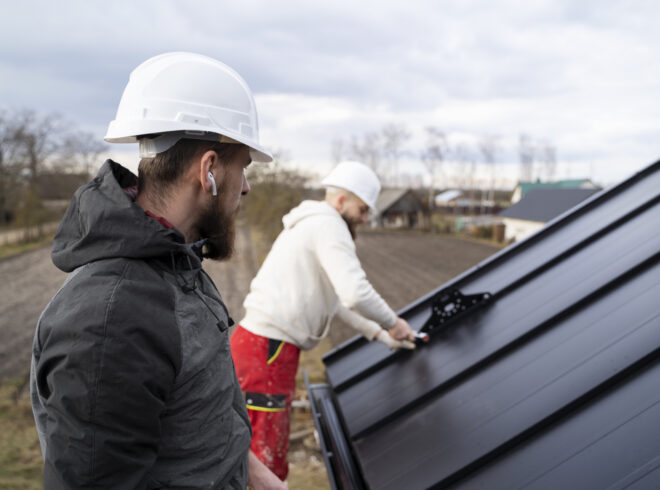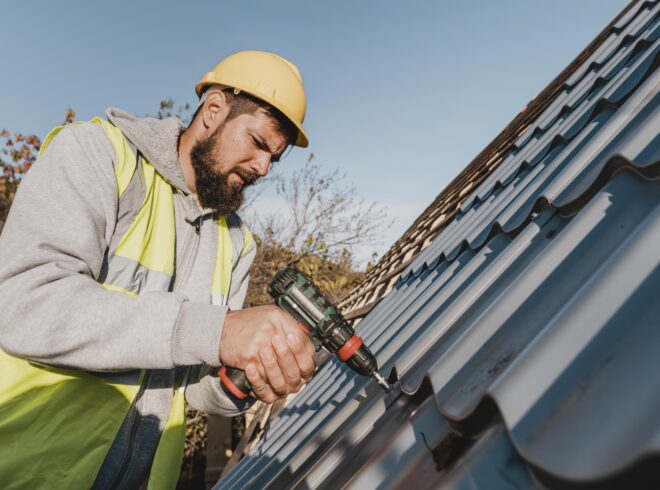How to Respond If Your Roof Claim Is Denied or Underpaid
When your roof is damaged due to a storm, hail, high winds, or age, the process of what to do next can seem incredibly daunting. You expect your insurance company to step in and pay for the repair or replacement, but what happens when your claim is denied or underpaid? This is the frustrating reality for most homeowners and property managers.
If your insurance company has denied or low-balled you on an offer, do not freak out. You still have options. In this article, we’ll delve into how to respond effectively, advocate for your rights, and take the steps that may be necessary to receive reimbursement for damages.
Step 1: Understand the Reasons for Claim Denial or Underpayment
Be sure to read the letter or document from the insurance company before you do anything. You have the right to receive denial or underpayment details from your insurance company. Common reasons include:
- Poor Maintenance: They might claim that damage was caused by wear and tear and is not a covered peril.
- Pre-existing Damage: The insurance company may try to say that the damage occurred before you had the policy.
- Partial Damage: In some cases, they will recognize that a roof has been slightly damaged but claim there is no need for full replacement.
- Missed Deadlines: You didn´t file the claim in time.
- Policy Exclusions: Your policy may exclude certain types of damage, like floods or certain roof materials.
Once you know the reason, you can figure out what to do next.
Also Read: Top Reasons Why Roof Insurance Claims Get Denied – And How to Avoid Them
Step 2: Review Your Insurance Policy
Next, read your homeowner’s insurance policy carefully and look specifically at:
- Covered damages (hail, wind, water, fire, and so forth)
- Exclusions and limitations
- Roof replacement vs. repair clauses
- Deductible amounts
- Claim filing deadlines
- Appeal procedures
Knowing your policy is what allows you to question a bad-faith decision or a mistaken one.
Step 3: Document Everything
Document the roof damage to show the insurer:
- Before and after photos or videos
- Weather report (particularly weather-related to storms or hail) with date stamp
- Inspection reports from a licensed contractor or roofer
- Receipts or bills for past roof maintenance or repairs
- Written communication with your insurance company
The more evidence you have, the easier it will be to build a case if you file a dispute or complaint.
Step 4: Request Another Assessment
You can request a reinspection of your property. This involves having another insurance adjuster evaluate the damage, particularly if new evidence is available and there was a quick or faulty inspection.
Tip: Get your own roofing contractor to be present for the reinspection. They can support you, bring to light issues that might have been forgotten, and offer a second set of professional eyes.
Step 5: Hire an Estimate from an Independent Roofing Contractor
If your insurer did not pay enough or claimed the roof does not require replacement, you will need to have a detailed written estimate from an independent roofing company. This estimate should include:
- A full breakdown of damage
- Materials required
- Labor costs
- Reason for Repairs or Full Replacement
Make sure the contractor is licensed, insured and experienced in dealing with insurance claims. Some of these options include working with a qualified roofer to negotiate on behalf of you the customer directly with the insurance company.
Step 6: File an Appeal with Your Insurance Company
If your insurance company refuses to pay a claim, you have the right to an in-house appeal of this judgment. Your written formal appeal must contain:
- Summary statement of claim, denial, or underpayment
- Policy number and claim number
- References (quotes, assessments or evaluations, images, etc.)
- Your systematic thoughts on why you think the decision was wrong
Document all correspondence, and get an acknowledgement of receipt in writing.
Step 7: Hire a Public Adjuster
A public adjuster works for you, not the insurance company. These are professionals trained and licensed to:
- Evaluate roof damage
- Interpret insurance policies
- Negotiate with insurance providers
- Maximize your claim payout
They tend to take a piece of the ultimate settlement amount, but the extra payout often pays for their services. Make sure to check credentials and reviews before hiring someone.
Step 8: File A Complaint With Your State Insurance Department
If your appeal is rejected or the insurance company is running unethically, you then have to file a complaint with the Department of Insurance in your state. They can determine if the insurer followed the right course of action and even provide mediation in some cases.
Step 9: Legal Action
If all else fails, and you feel that your claim is being unjustly denied or grossly underpaid, seek the services of a public adjuster. Get a free consultation from a roofing contractor or attorney who specializes in insurance claims. A few law firms will provide free consultations, and you only pay if they win. Suing can be time-consuming, yet the payout might be adequate with a worthy lawsuit.
Assistance with Roof Claims Denied or Underpaid
Dealing with roof damage can be a headache – don’t let it become a migraine after having your claim denied or paid for less than it should have been.
911 Exteriors Roofing and Construction has assisted numerous Texas homeowners and businesses with roofing insurance claims. Our team knows how to investigate, which information to document, and negotiate the best payout for you. Book an appointment with us today to schedule an inspection.
Recent Posts
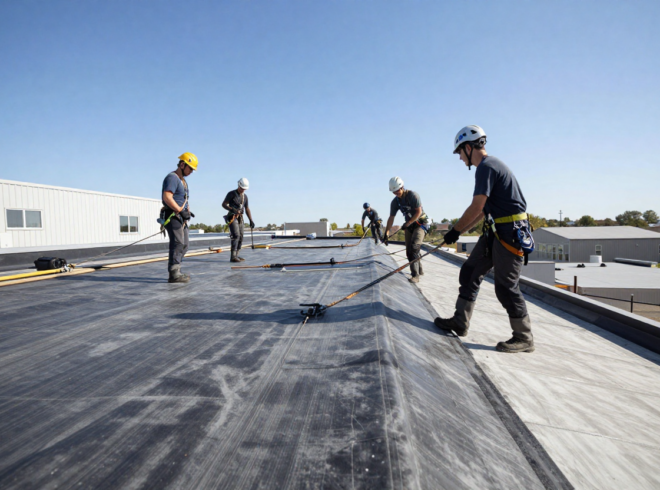
January 28, 2026
How to Budget for a Commercial Roof Replacement Without Surprises
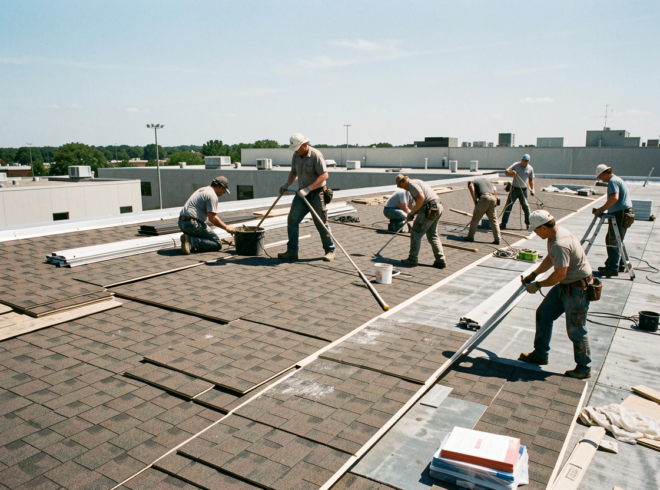
January 21, 2026
Commercial Roof Repair Cost: What Business Owners Should Expect
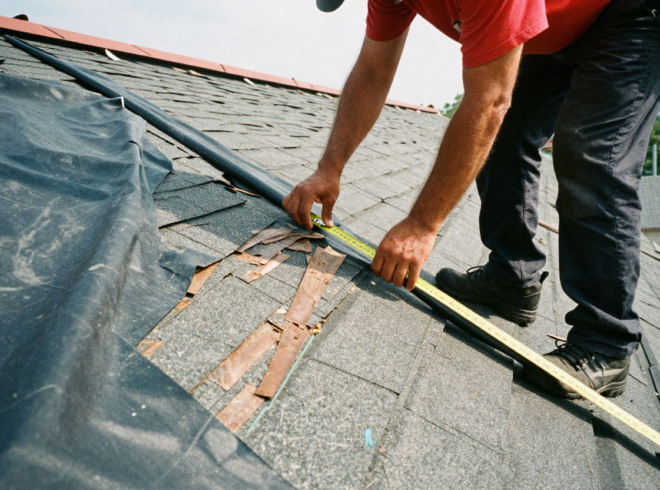
January 14, 2026
How Much Does a Commercial Roof Inspection Cost in DFW?
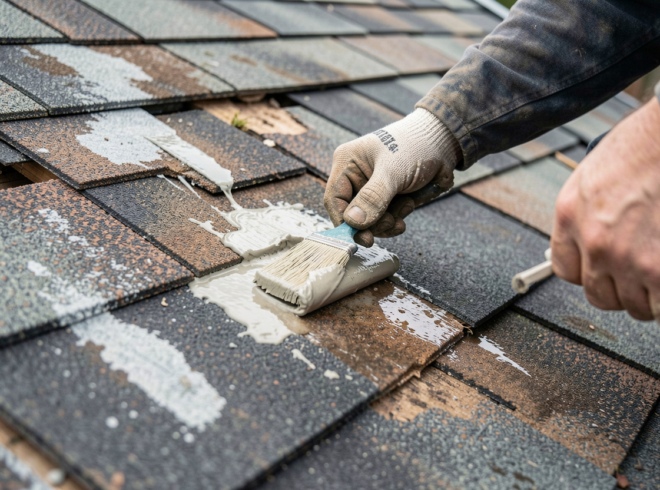
January 7, 2026
Understanding Roof Leak Repair Costs for Homes in Allen
